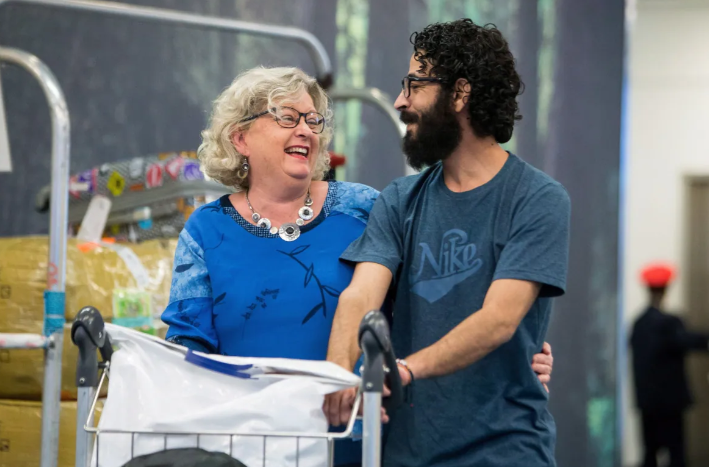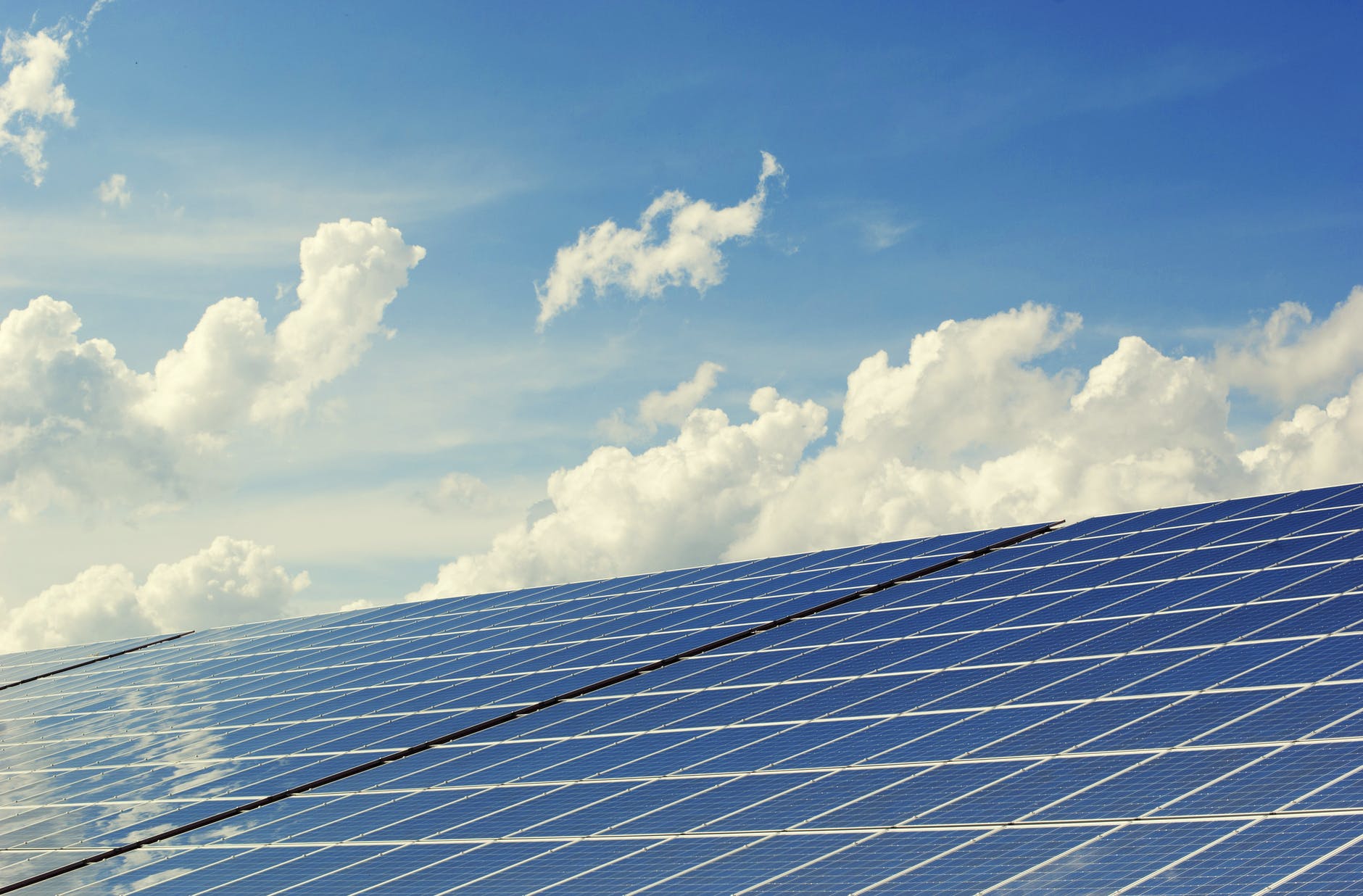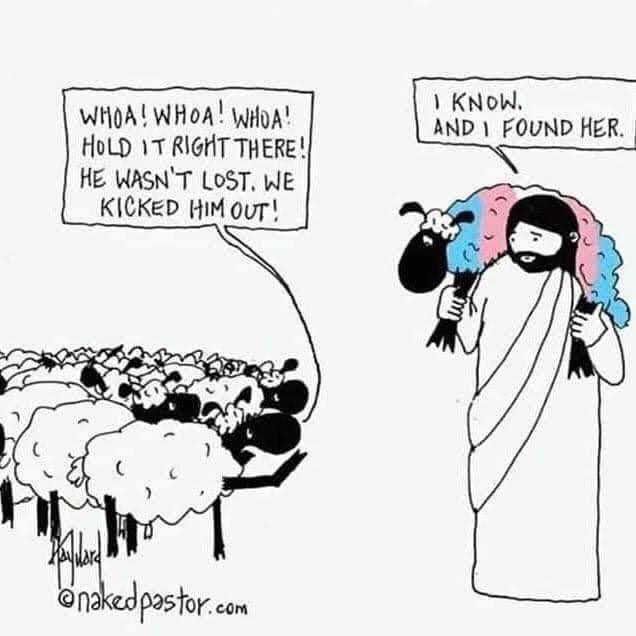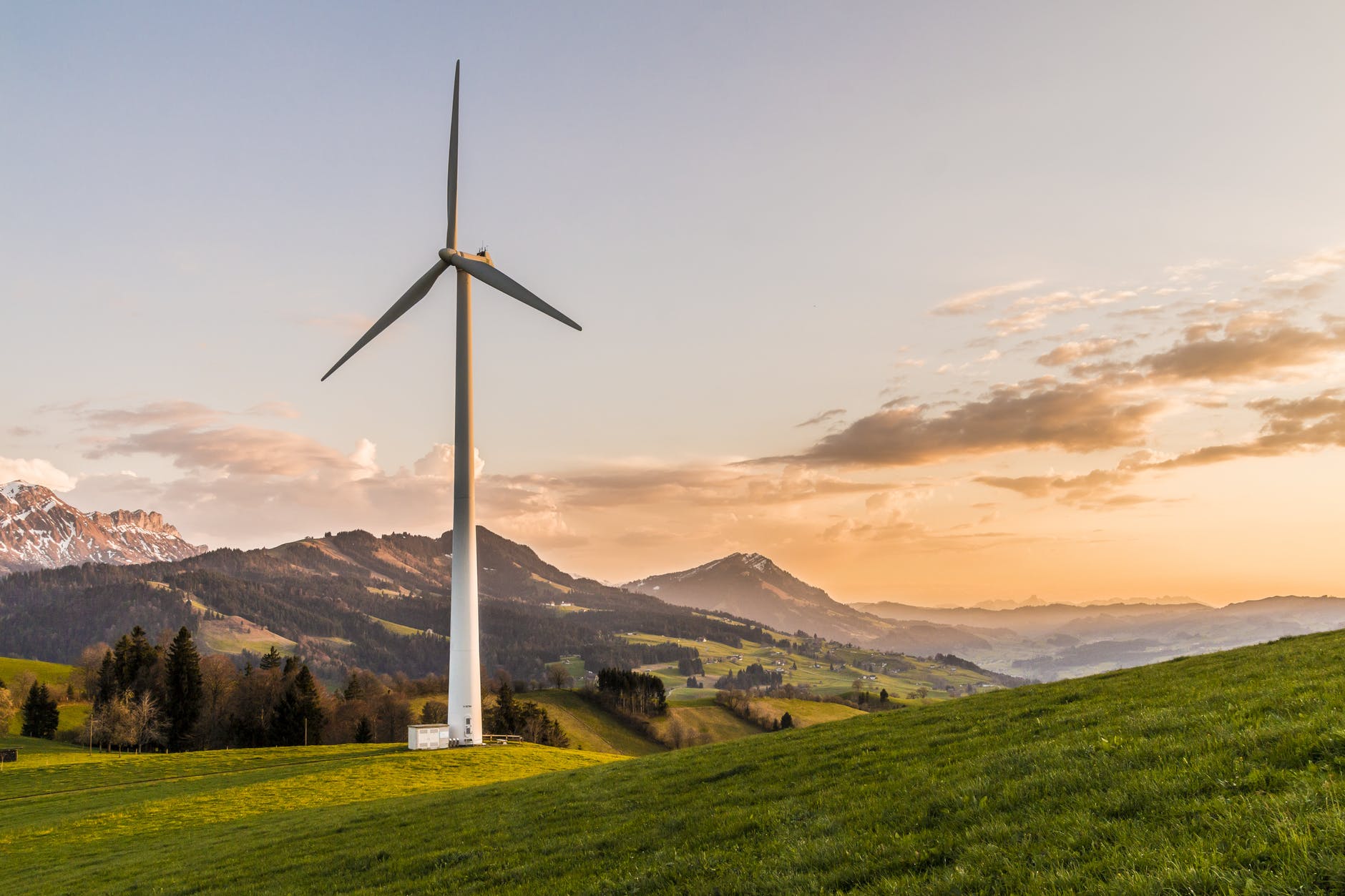
Travel, and especially international travel, has been a part of my life for as long as I can remember. With my first international flights, when I was young, not surprisingly, the carbon emissions of our flights was not on my radar. Even later, as an adult, I was, at times, doing more than one return, trans-Atlantic flight per year, without a second thought.
In the last 5-10 years (maybe a bit more), in my circles, at least, I have started seeing increased awareness of the fact that the way we are travelling (either for work or for fun), is not sustainable. At the same time, even in my circles (which include many people who are very aware of the climate crisis, as well as others for whom climate awareness is fairly low), very few people (other than the most highly dedicated climate activists among us), are reducing their flying. People are still flying for work trips (which could perhaps have been done remotely) and still flying long distances for short vacations.
For the climate, Covid was, in many ways, a blessing in disguise. It forced us to stop flying unnecessarily and cut down on endless hours of driving and commuting to work, among other things. However, now that we are two years into Covid, some people are starting again with flying and other high-emissions activities, in some cases with a premise of “we’ve got 2.5 years of missed flying to make up for, so we’re doing extra now…”
Disclaimer for chart on right:
Among other things, this is trying to estimate carbon price/person for a fixed unit (eg an airplane) with inconsistent variables (eg number of people on the plane). If, as it often the case due to Covid etc, a plane is less full than the baseline for this calculation, the emissions/person will be much higher than indicated in the chart.
So, what does this mean? How do we move forward more positively?
- Tourism is responsible for roughly 8% of the world’s carbon emissions. (link). Flying accounts for a significant piece of that, and is a very easy piece to eliminate. Not only do we save $ by not booking expensive flights for holidays, we also significantly reduce our climate impact, especially if we are very intentional about choosing an alternative that is much more climate safe.
- Short and medium flights are very damaging, and are a very carbon intensive way to travel. This is even harder to justify if the trip was non-essential, or could have been done in any other way (eg train etc).
- Long-haul flights are lower emissions/km traveled (in some cases) but the damage is still there from the high number of total KMs travelled. As with shorter flights, many long-haul flights are non-essential and could easily be cancelled.
- Many trips in which a long-haul flight is booked, at least one shorter flight (if not more), is also included in the itinerary eg a short flight from a starting point to a major international airport, for example, and again on the return. Therefore, many trips are adding both the damage from a short-haul flight, with the extensive KMs of a long-haul flights, resulting in very high emissions for what may be a very short vacation.
As we start looking at how to spend this time summer, what changes can we, collectively, make to ensure that we build community and explore, while also not adding unnecessary damage to the environment?
For me, I will not be flying anywhere, as tempting as it is, because of the carbon emissions. What can we do instead?
- camping (in a tent or trailer)
- train trips
- exploring nearby cities or outdoor areas (eg provincial or national parks)
- explore something related to the region you want to travel to, but closer by eg want to travel to Italy? Your nearest big city probably has lots of great Italian restaurants and grocery stores to check out! Want to explore the ruins of an ancient city? Check out your nearest museum instead.
- others?
So, for this summer, and beyond, what changes will you make to how you explore the world, without damaging the climate? Let’s do this together!






























